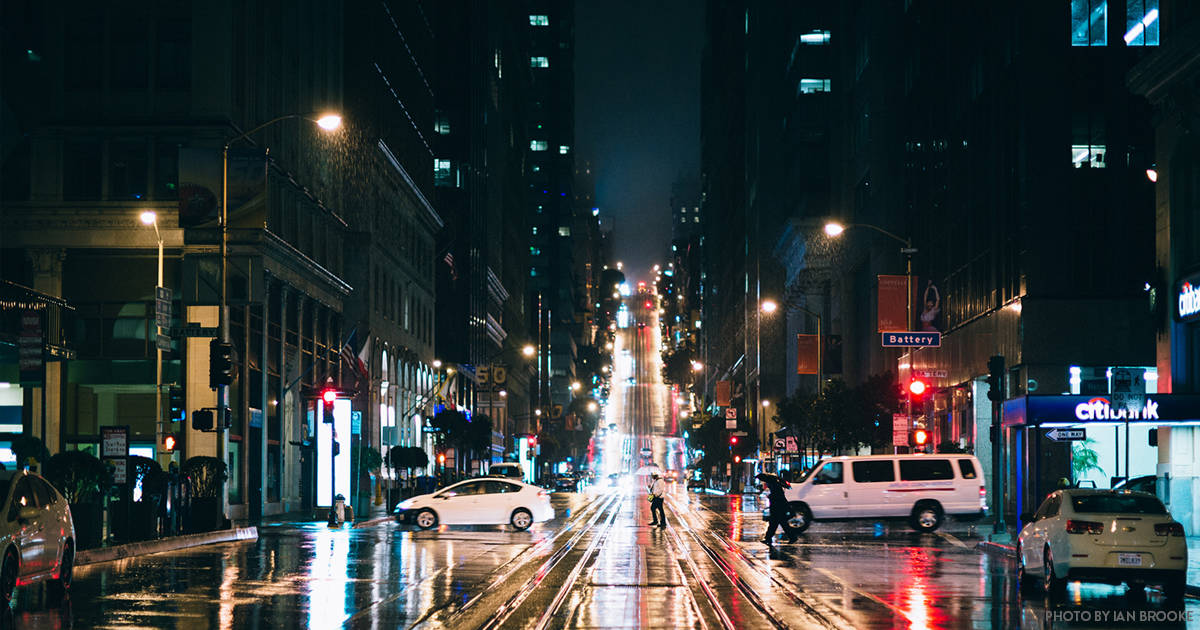Jan 2018 Legislative Update
Complete Streets for Another Day
Sometimes, even your best effort to dot all the I’s and cross all the T’s can get thwarted by a more influential force. At the first Senate Transportation and Housing Committee hearing of the new year held on Tuesday January 9th, SB 760 became the first casualty of the state legislature’s effort to protect SB 1 implementation efforts.
SB 760, our Complete Streets policy that would bring accountability measures the State Department of Transportation for the implementation of internal policies, was striped down by committee amendments to only include the most non-controversial provision—the adoption of the NACTO urban design guide into the Highway Design Manual.
CalBike’s push to bring Complete Streets to all of California’s communities continues; make sure to keep up with our campaign and help us take the next steps.
Bikes Yield Law Killed for Now
The authors of our common sense bill to require bicycle riders to yield and stop if necessary at stop sign-controlled intersections pulled their bill from consideration last week. Assemblymember Phil Ting (D-San Francisco) and Carl Obernolte (R-Barstow) said that opposition from the California chapters of the American Automobile Association and the Police Chiefs Association, among others, could not be overcome.
This bill would have made California third among U.S. states, behind Idaho and Delaware, to recognize that people on bikes have different vulnerabilities and capabilities when they approach an intersection and deserve different treatment than people in cars. It would have legalized a common practice and made riding a bike safer and more convenient, and it would have reduced unfair and capricious enforcement.
The arguments against the bill made no logical sense but were powerful nevertheless. When this bill comes back we’ll be better equipped to address the arguments with equally powerful appeals.
Automated Speed Enforcement Legalization Pulled
Enforcing speed limits with safety cameras is a proven technology that prevents crashes and saves lives. They don’t racially discriminate. They’re working in 140 U.S. cities and counting, but they’re banned in California.
A bill to fix this by allowing San Jose and San Francisco to implement a pilot program was killed last week when its authors chose to pull the bill from consideration. The bill would have permitted automated speed enforcement with strict conditions to ensure they do their job to save lives and are not merely tools to increase revenues. We support our partners in San Jose and San Francisco and look forward to the next session when we hope this idea is revived.



